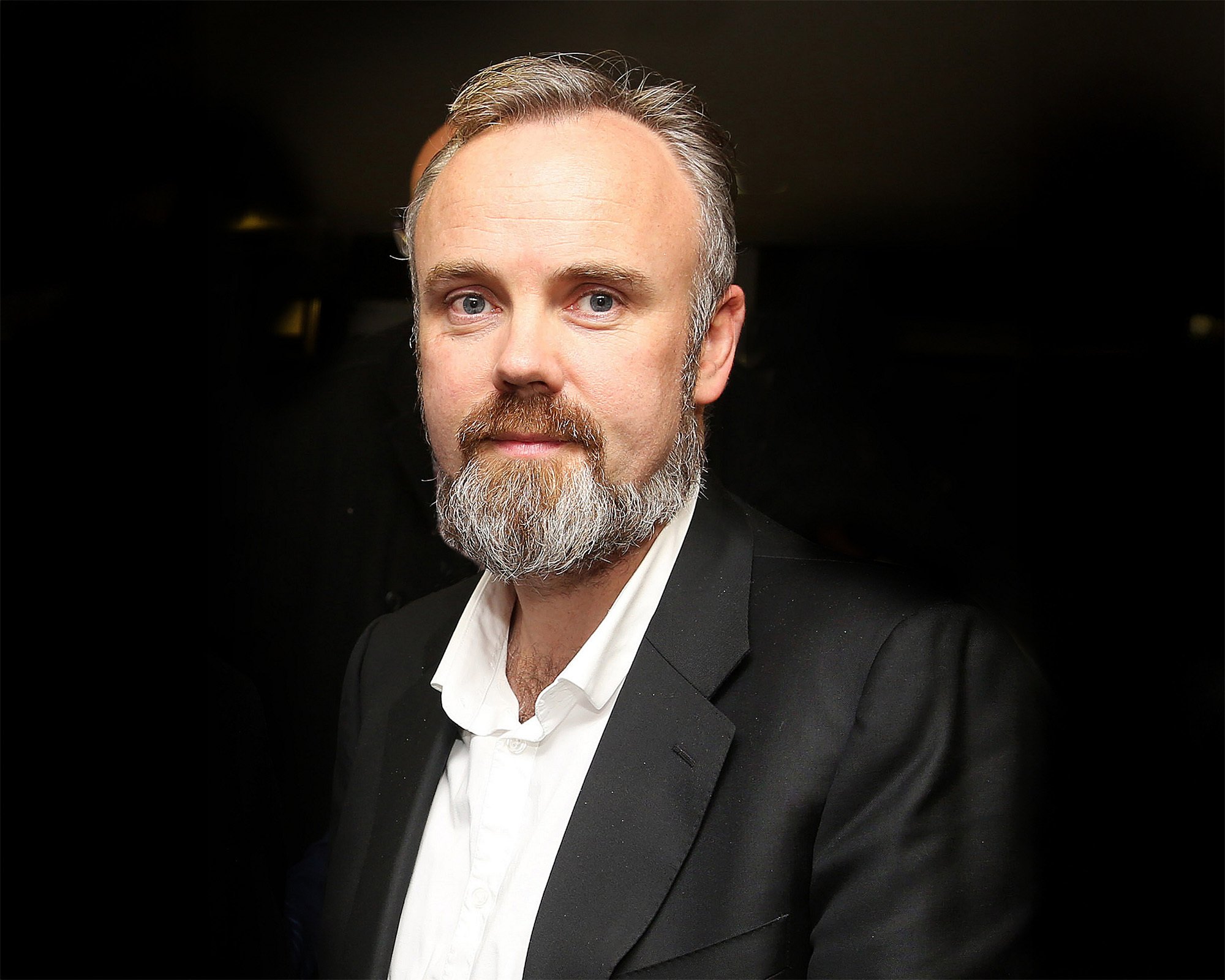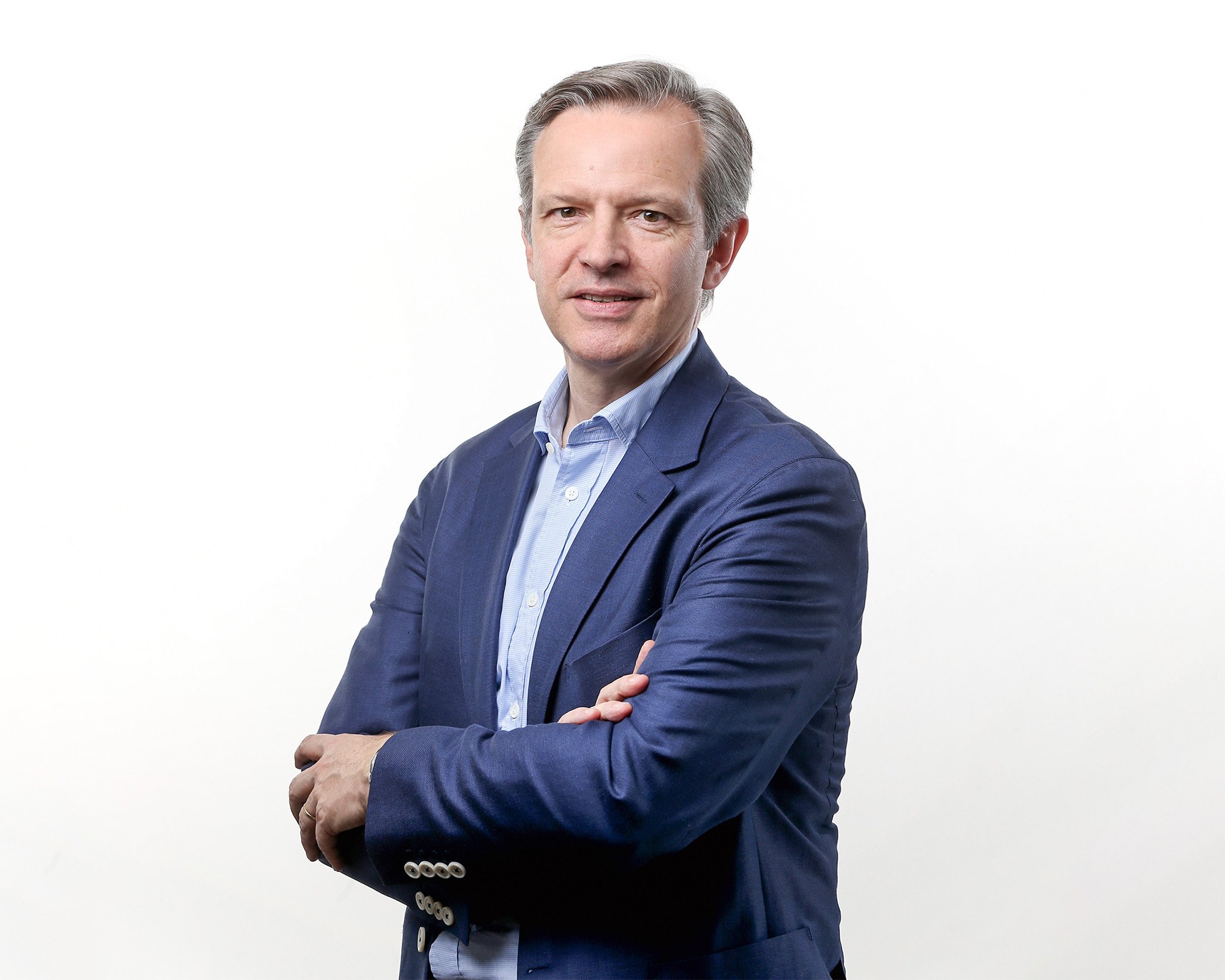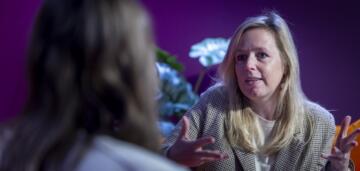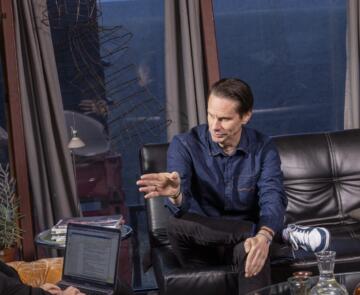
Winning trust amid the noise
The party of lies
Thirty years later, the story hit me with a new force. Here are the reflections of protagonist Winston Smith during his work at the Records Department of the Ministry of Truth, where he spends his grey days rewriting The Times:
"The Party said that Oceania had never been in alliance with Eurasia. He, Winston Smith, knew that Oceania had been in alliance with Eurasia as short a time as four years ago. But where did that knowledge exist? Only in his own consciousness, which in any case must soon be annihilated. And if all others accepted the lie which the Party imposed – if all records told the same tale – then the lie passed into history and became truth.”
In this age, where opinions and facts blur, where big tech companies collaborate with political powers, and misinformation is deliberately used for economic and political gain, Winston Smith’s world feels far closer than I could have imagined 30 years ago.
We fight daily for attention and trust, for influence and power. The traditional institutions – politics, the rule of law, the media – seem to be losing to the irresistible pull of social media. Trust in traditional media is low and declining year after year. Those who already know us trust us. But the gap with people who do not subscribe to any of our titles is huge.

Echo chamber
People who trust us are generally more highly educated, have higher incomes and are more often left-leaning, according to research by Motivaction. They are also older. Younger people show far less interest in regular news. And the lower the interest, the lower the trust – meaning we seem to be stuck in a negative spiral. That’s worrying – and not just for the future of our titles.
The irony is that those who turn their backs on traditional media often trust the flow of half-truths and outright lies they receive daily on X, Instagram or TikTok. Conspiracy theories spread like wildfire, whether about people eating dogs or the “truth” behind 9/11.
“Ironically, those who turn their backs on traditional media often trust the stream of half-truths and outright lies on social media”
This is a direct threat to public health. The nonsense spread by the current president of the United States about injecting bleach to fight Covid-19 was taken seriously by some. And the message from popular influencers that breast cancer screening is harmful and eating clay is good leads to unnecessary deaths.
At a more abstract level, the lack of trust in traditional media threatens democracy. Those who rely solely on unfounded online hype are trapped deeper in the bubble of their own beliefs. This leads to a politically unstable climate, mutual distrust, less understanding of “the other”, declining solidarity and growing polarisation.

Preaching to the converted
The recent Maccabi riots in Amsterdam are a sad example. Even before anyone had gathered the facts, far-right parties were exploiting the events for their own political agendas. Geert Wilders was the first to react on X, and his message coloured the subsequent coverage. The media and politics were trapped in his frame, and that frame unnecessarily heightened the integration debate in the Netherlands. When NRC – unfortunately only at the second attempt – reconstructed the riots in detail, a much more nuanced picture emerged of what had happened that night.
“The foundation of our work is truth-seeking. Amid all the noise and framing, we must uncover what’s really going on”
This is exactly what we must do: search for the facts. And when those facts aren’t clear yet, we must name what we don’t know. The foundation of our work as journalists is, after all, truth-seeking. Amid all the noise and framing, we must search for what’s really going on. We must seek out multiple perspectives – and we must loudly amplify those voices.
We don’t always do this well enough, and I also hold myself accountable. We struggle with our stance on the platforms of tech companies. Should we stay on X and Facebook, or should we leave? Personally, I don’t believe in leaving – we must be present everywhere now to increase our impact. If Meta announces it’s firing its fact-checkers, we must step forward. Because we will continue to check the facts.

It is more important than ever to be present in as many places as possible – even where people don’t believe in us. We don’t do this by preaching to our own parish at conferences or in annual reports. Instead, we do it by showing ourselves with the best news apps, with smart marketing, at events where our journalists are on stage in front of packed audiences, with more podcasts and social videos to reach new and young audiences.
By showing who we are and what we do, we win their trust – against all the odds.




